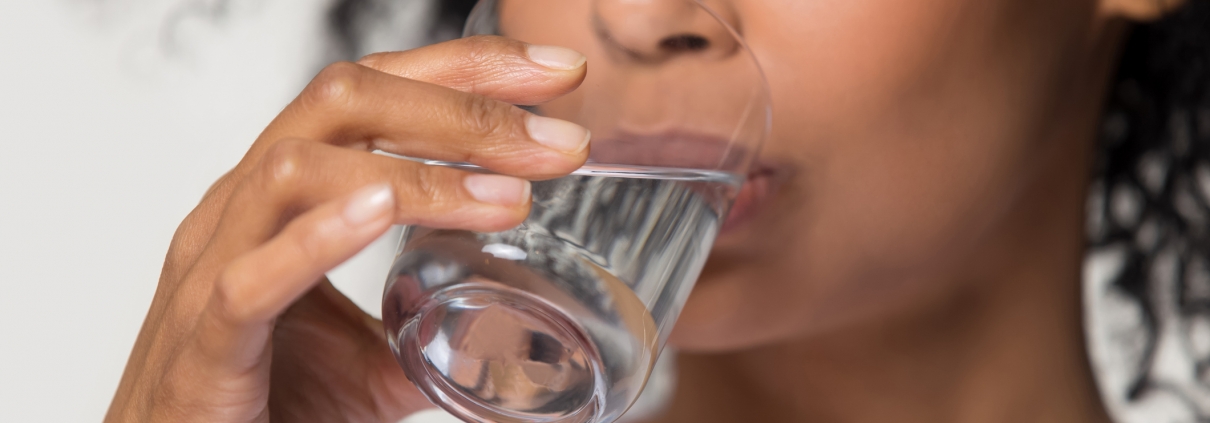The human body naturally has mechanisms that one never realizes are present and functioning.
Among the thousands of examples, we can mention blinking, narrowing and widening of the pupil, breathing, feeling of repulsion, and so on. When one of these mechanisms is disrupted, then one realizes their important role in the health and normal functioning of the body.
It must have occurred to you that when you have a sore throat and normal swallowing of saliva becomes a torment for you, so will you realize how important this simple and natural task, which we never pay attention to can be.
One of these cases is the role of saliva in digestion and speech and the health of oral tissues, the absence or deficiency of saliva which leads to serious complications, which are generally referred to as dry mouth or xerostomia.
Before discussing dry mouth, let’s talk a little about saliva function. Saliva is secreted into the oral cavity from three pairs of main salivary, sublingual, and submandibular salivary glands and thousands of secondary salivary glands.
In adults, 1.5 liters of saliva is produced per day, a very small amount of which is related to bedtime. Apart from softening food for easy swallowing and digestion, saliva has important protective functions.
Saliva flushes bacteria from the oral cavity and at the same time directly kills bacteria due to the enzymes and antibodies in its composition. The compounds in saliva re-mineralize early-stage caries and facilitate speech. Therefore, saliva plays a vital role in dental health, prevention of tooth decay, and gum disease.
There are a number of reasons why a person may experience a decrease in saliva and dry mouth. An uncommon cause of developmental and congenital problems in the salivary glands. But as common causes of this problem should be a variety of systemic diseases such as anemia, diabetes, AIDS, rheumatoid arthritis, and lupus.
At the same time, any condition that increases dehydration, such as diarrhea and vomiting, can lead to dry mouth. At the same time, anxiety and stress cause dry mouth according to the physiological function of the body. The next most common reason is several medications that can lead to such conditions.
Medications are naturally used for treatment, and it may be difficult to distinguish whether the dry mouth is caused by a disease or is a side effect of medications. The results of a study show that more than 1,500 different types of drugs can cause dry mouth.
The most popular of these drugs are antihistamines such as diphenhydramine and chlorpheniramine, anticonvulsants such as pseudoephedrine, antidepressants such as amitriptyline, and imipramine, phenothiazine derivatives used to treat mental illness, and various antihypertensive drugs. , Anti-Parkinson drugs, parasympathetic inhibitors such as atropine, and anti-cancer drugs.
Another cause of dry mouth is cervical radiotherapy to treat malignant and deadly cancers in these areas.
Apart from all the above, smoking is also a common factor in reducing saliva and dry mouth. Many see aging as a cause of dry mouth, but research shows that the two are not directly related.
But at the same time, many of the diseases and problems described above are more common in old age. For this reason, dry mouth is more common in the elderly, but the aging process itself does not cause dry mouth.
Unfortunately, dry mouth is a common disease, and these patients, who often have multiple physical problems, have to deal with additional problems such as dry mouth. In these patients, saliva is clearly low and the remaining saliva appears foamy and thick. In these patients, the tongue is smooth and red and has no villi.
The oral mucosa is so dry that the dentist’s gloves may stick to the mucosal surfaces and cause sores when removed. Sometimes due to dry mucus, chewing, swallowing and talking are difficult and the patient complains of food sticking to his mouth or lips sticking to his teeth.
Candidiasis (thrush) is common in patients with dry mouth due to decreased antimicrobial activity and salivary clearance. These patients have difficulty understanding the taste of food and often have bad breath.
At the same time, the occurrence of widespread and rapidly progressing caries is very common in patients with dry mouth, and if dental treatments are not prevented and extremely careful oral hygiene is not done properly, these cavities quickly destroy the patient’s teeth and can cause infections. Be dangerous in the head and neck area and add a serious problem to the patient’s problems.
Treatment of dry mouth is unfortunately a difficult and sometimes unsuccessful task, but there are several treatments, at least to reduce the problem of patients. The first method is continuous water consumption. Water is the best alternative to saliva. The patient can drink water whenever he feels dry mouth. But the problem is that one must always have a bottle full of water with us.
Another way is to eat saliva-stimulating foods before eating. But the most common way is to take saliva stimulants (sialagogue). The most common of these drugs is pilocarpine.
These medications are taken at regular intervals as prescribed by the doctor or dentist and increase salivation. At the same time, decisive health measures should be taken to solve the problem of caries in patients.
Appointment Form Security
Your connection to this website is secure with 1024 bit encryption. We use cPanel SSL for every single page on this website. The contact form and appointment forms encrypt your information before sending.
Dentistry @ North Hollywood
4725 Lankershim Blvd
North Hollywood, CA 91602, United States
(818) 766 3775
info@dentistrynorthhollywood.com
Opening Hours
Monday – Thursday: 8:00 am – 5:00 pm
Friday: 8:00 am – 2:00 pm
Saturday: Closed
Sunday: Closed



